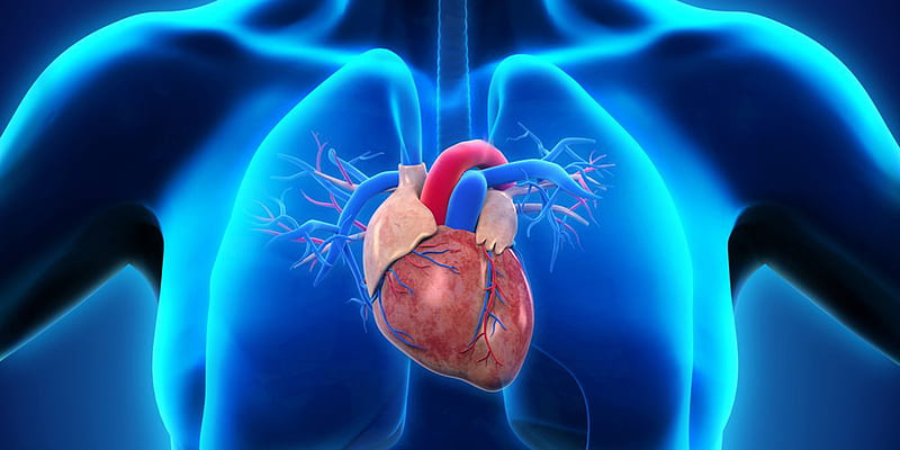

Summary
When there is a significant reduction or obstruction in the blood supply to the heart, a heart attack happens. The accumulation of fat, cholesterol, and other materials in the heart's (coronary) arteries is typically the cause of the obstruction. The deposits that are high in fat and cholesterol are referred to as plaques. Atherosclerosis is the term for the plaque accumulation process.
A plaque may occasionally burst and create a clot that stops blood flow. A portion of the heart muscle may get harmed or destroyed by inadequate blood flow.
Heart attack
An artery that supplies the heart with blood and oxygen becomes clogged, which leads to a heart attack. Over time, deposits of fat and cholesterol accumulate in the heart's arteries to create plaques. A blood clot may occur if a plaque breaks. An artery blockage from the clot may result in a heart attack. A heart attack results in the death of cardiac muscle tissue due to a reduction in blood supply.
Another name for a heart attack is myocardial infarction.
To avoid mortality from a heart attack, prompt medical attention is required. If you believe you may be having a heart attack, dial 911 or get emergency medical assistance.
The signs and symptoms of a heart attack can differ. Some folks only experience minor symptoms. Some people experience quite serious symptoms. Some folks don't exhibit any symptoms.
Typical signs of a heart attack include:
Chest pain that can have an aching, squeezing, tightening, or pressing sensation
Pain or discomfort radiating to the back, neck, mouth, teeth, shoulder, arm, or even the upper abdomen
Sweat with coldness
Weary
Indigestion or heartburn
Sudden dizziness or lightheadedness
emesis
Breathlessness
Unusual symptoms in women can include sudden, intense pain in the back, arms, or neck. Sudden cardiac arrest can occasionally be the initial indication of a heart attack
In the United States, about 800,000 people suffer from heart attacks annually. Coronary artery disease, the leading cause of death in the US, is the cause of the majority of heart attacks.
Foods That Are Cardiovascularly Hazardous
*Sugar, salt and fat
*Bacon
*Red meat
*Soda
*Baked goods
*Processed meats
*Pizza
*Alcohol
*Butter
Many medical professionals advise making a call to 911 or the local emergency number before chewing and swallowing a full dose of aspirin (325 mg). Do this only if you do not have an aspirin allergy or any other conditions that can make taking aspirin risky for you.
